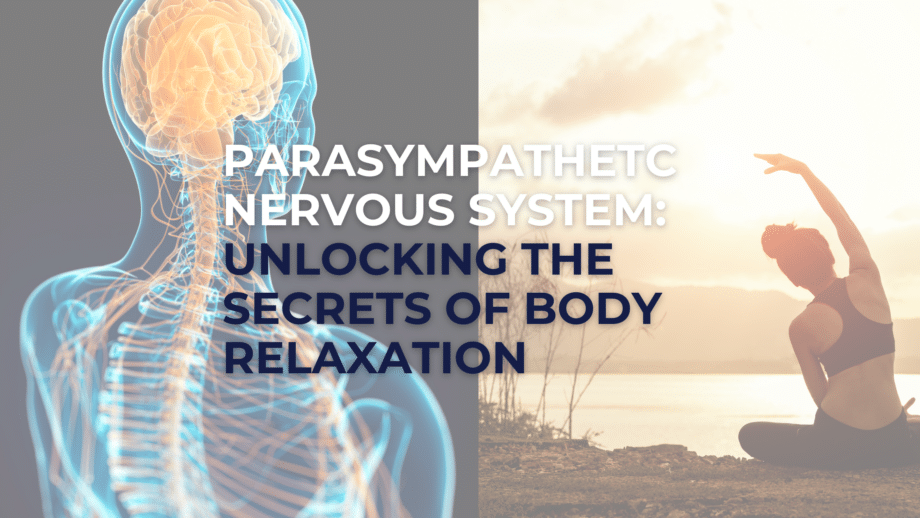When stress kicks in, the fight-or-flight response managed by the sympathetic nervous system that takes the lead. Once the danger has passed, it’s time for the parasympathetic nervous system (PNS) to shine. Often dubbed the “rest and digest” system, the PNS helps calm the body, conserving energy and lowering stress levels. Its role is pivotal, yet it’s often overshadowed by its more dramatic counterpart. Let’s unpack why the PNS is vital for maintaining health and harmony in the body.
The Role of the Parasympathetic Nervous System
The PNS forms part of the autonomic nervous system, which controls bodily functions that don’t require conscious thought, such as heart rate, digestion, and respiratory rate. The PNS acts as the brake to the sympathetic nervous system’s accelerator. It promotes relaxation, nutrient absorption, and tissue repair. By slowing the heart rate, increasing intestinal and gland activity, and relaxing sphincter muscles in the gastrointestinal tract, the PNS helps our bodies recuperate and prepare for future challenges.
Health Benefits of a Well-Functioning PNS
- Stress Management: The ability to switch from a state of high alert to one of calm and relaxation is crucial in today’s fast-paced world. A robust PNS balances stress levels and may lower the risk of stress-related conditions.
- Improved Digestion: By enhancing digestive activity, the PNS helps the body absorb nutrients more effectively, which is vital for energy and overall health. Issues such as bloating, constipation, and abdominal pain can often be alleviated by boosting PNS activity.
- Restorative Sleep: Activation of the PNS contributes to better sleep quality by promoting the relaxation needed to fall asleep and stay asleep. This is crucial for cognitive function, mood regulation, and general health.
- Enhanced Recovery: The PNS supports healing and regeneration. After injury or feeling under the weather, increased PNS activity can accelerate the recovery process, helping the body to mend itself efficiently.
How to Support Your Parasympathetic Nervous System
- Mindful Breathing: Slow, deep breathing exercises can stimulate the PNS and promote relaxation.
- Regular Physical Activity: Gentle activities like yoga can enhance PNS function by reducing stress hormones.
- Adequate Sleep: Ensuring you get enough sleep supports natural PNS activity, aiding in stress management and recovery.
- Healthy Diet: Consuming a diet rich in omega-3 fatty acids, calcium, and magnesium can help optimize nerve function.
- Relaxation Techniques: Practices like meditation, mindfulness, and even leisurely hobbies can encourage PNS activity, helping you to relax and recharge.
Conclusion
The parasympathetic nervous system might not grab headlines like its counterpart, but its impact on our well-being is profound. By understanding and supporting our PNS, we can support our body’s natural ability to heal, digest, rest, and recover from the stresses of daily life.

